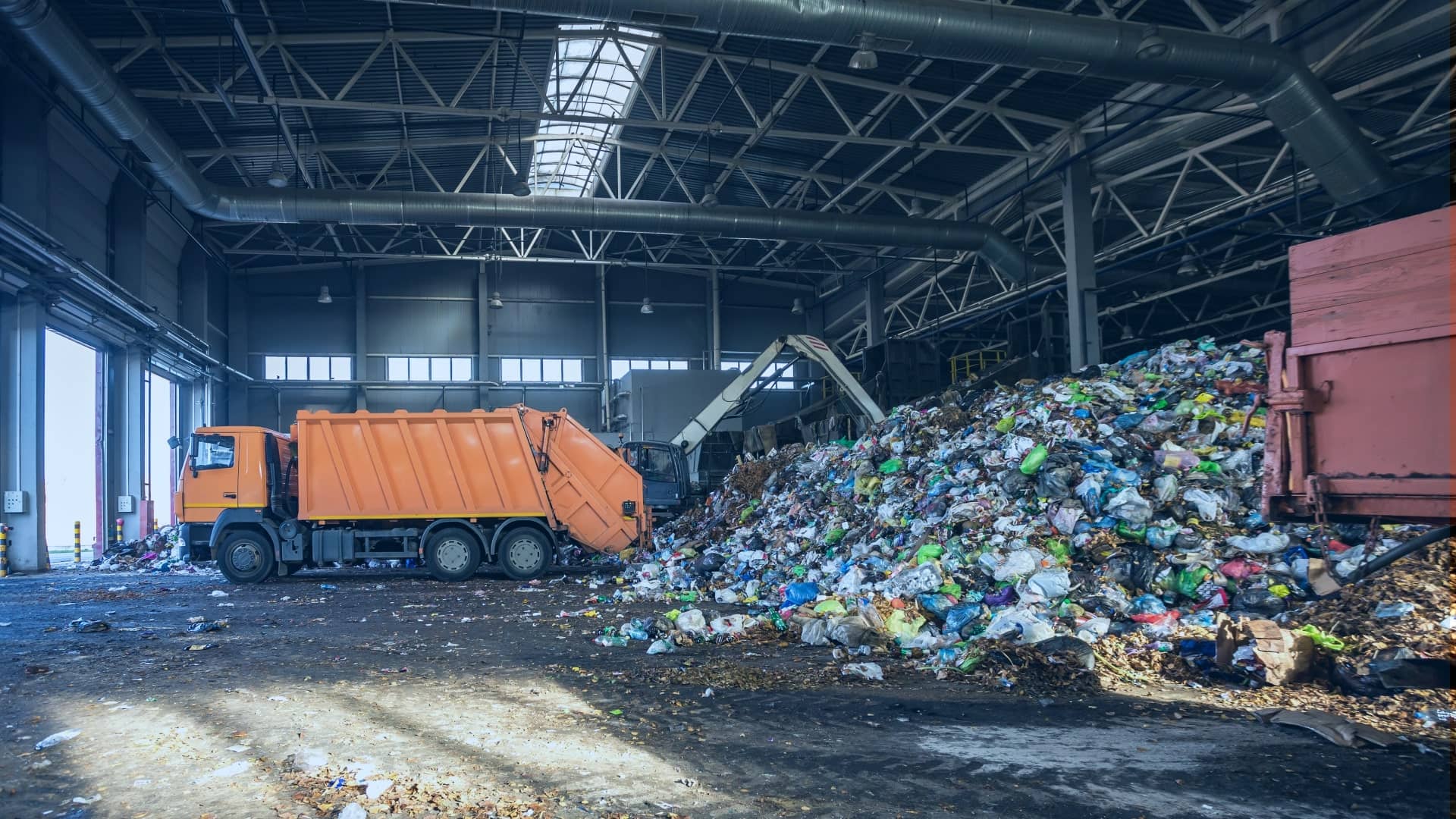Little Known Facts About Reclaim Waste.
9 Easy Facts About Reclaim Waste Explained
Table of ContentsSome Known Incorrect Statements About Reclaim Waste The smart Trick of Reclaim Waste That Nobody is DiscussingThe Basic Principles Of Reclaim Waste The Basic Principles Of Reclaim Waste Things about Reclaim Waste
Residential sewage waste refers to the waste and items from a residential septic storage tank. The appropriate management and disposal of domestic sewer waste call for liquid waste to be moved to a sewer treatment plant where the correct methods and devices are used to cleanse and dispose of waste.
Commercial waste frequently includes possible risks, such as combustible materials or a combination of liquid and solid waste items, and needs an advanced and thorough disposal procedure. The disposal of commercial waste commonly involves the purification of waste before transport to make certain safe and proper disposal. Hazardous waste is developed from results and runoff of industrial procedures and manufacturing.
This kind of waste can not make use of the very same sewer management transportation or processes as septic or industrial fluids. The hazardous waste monitoring procedure calls for the examination and testing of liquid waste prior to it goes through the disposal process (liquid waste removal). Overflow waste is the fluid waste that originates from drainage and excess stormwater in very booming locations or cities
Overflow waste can trigger contamination and flooding otherwise handled correctly. Discover more regarding drain cleansing and waste monitoring. Making certain correct waste management can avoid disasters and reduce ecological injury. Both people in household setups and experts in commercial or manufacturing markets can profit from understanding the processes and laws of fluid waste administration.
Reclaim Waste Can Be Fun For Everyone
Contact PROS Providers today to find out about our waste administration and disposal services and the appropriate ways to take care of the fluid waste you produce.
(https://profile.hatena.ne.jp/reclaimwaste1/)This so-called 'wastewater' is not only a vital resource yet, after treatment, will certainly be released to our land, rivers or the ocean. Utilized water from toilets, showers, bathrooms, kitchen sinks, washings and industrial procedures is recognized as wastewater.

water utilized to cool down machinery or clean plant and tools). Stormwater, a type of wastewater, is drainage that flows from farming and urban locations such as roofings, parks, gardens, roadways, courses and rain gutters into stormwater drains pipes, after rain. Stormwater streams neglected straight to neighborhood creeks or rivers, eventually reaching the sea.
Reclaim Waste Can Be Fun For Everyone
In Queensland, a lot of wastewater is dealt with at sewer treatment plants. Wastewater is transferred from domestic or industrial sites with a system of sewage systems and pump stations, recognized as sewerage reticulation, to a sewage treatment plant. City governments build, maintain and operate most sewer treatment plants. Operators are certified under the Environmental Security Act 1994 to discharge treated informative post wastewater at an acceptable environmental requirement right into rivers.
The Department of Natural Resources advises city governments regarding managing, operating and keeping sewerage systems and treatment plants. In unsewered areas, local federal governments might need homeowners to install individual or home sewage treatment systems to treat domestic wastewater from toilets, kitchens, washrooms and laundries. The Division of Natural Resources authorises making use of house systems when they are verified to be effective.
The majority of stormwater gets no treatment. In some brand-new class, treatment of some stormwater to remove clutter, sand and crushed rock has actually begun utilizing gross toxin traps. Wastewater treatment happens in 4 stages: Gets rid of solid issue. Larger solids, such as plastics and various other things incorrectly released to drains, are removed when wastewater is travelled through screens.
Wastewater then moves into big tanks where solids work out and are gotten rid of as sludge. Grease and scum are skimmed from the surface area. Makes use of small living microorganisms knows as micro-organisms to damage down and get rid of remaining dissolved wastes and great fragments. Micro-organisms and wastes are incorporated in the sludge. Eliminates nitrogen and phosphorus nutrients that can trigger algal blossoms in our waterways and threaten water life.
Some Known Incorrect Statements About Reclaim Waste
Nutrient elimination is not readily available at all sewer treatment plants because it requires expensive specialised tools. Clear fluid effluent generated after therapy may still have disease-causing micro-organisms - liquid waste disposal.

This generally indicates wastewater needs to be treated or impurities eliminated before it can be discharged to rivers. Many wastewater streams into the sewerage system. Under the Act, city governments carry out authorizations and permits for eco pertinent tasks (ERAs) entailing wastewater releases that may have a regional influence. The department carries out approvals and permits to ERAs entailing wastewater releases that could have a regional or statewide effect.
Reclaim Waste - Truths
Otherwise, samples are taken for lab evaluation. Usually several examinations are needed to establish the levels of each of the different contaminants such as oils, hefty steels and chemicals in water. Surveillance supplies valid details concerning water quality and can confirm that permit problems are being satisfied. The info acquired with surveillance gives the basis for making water top quality choices.